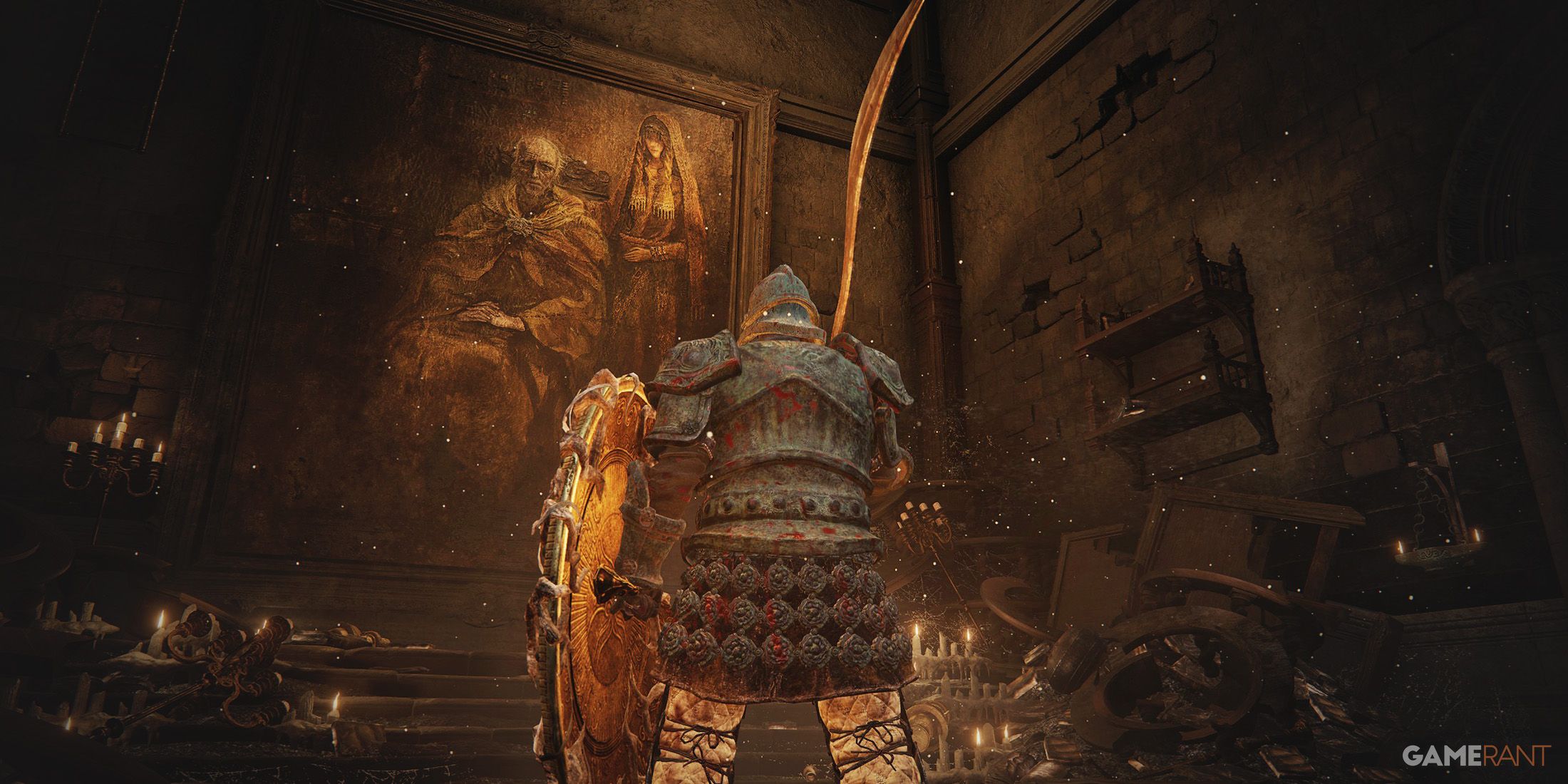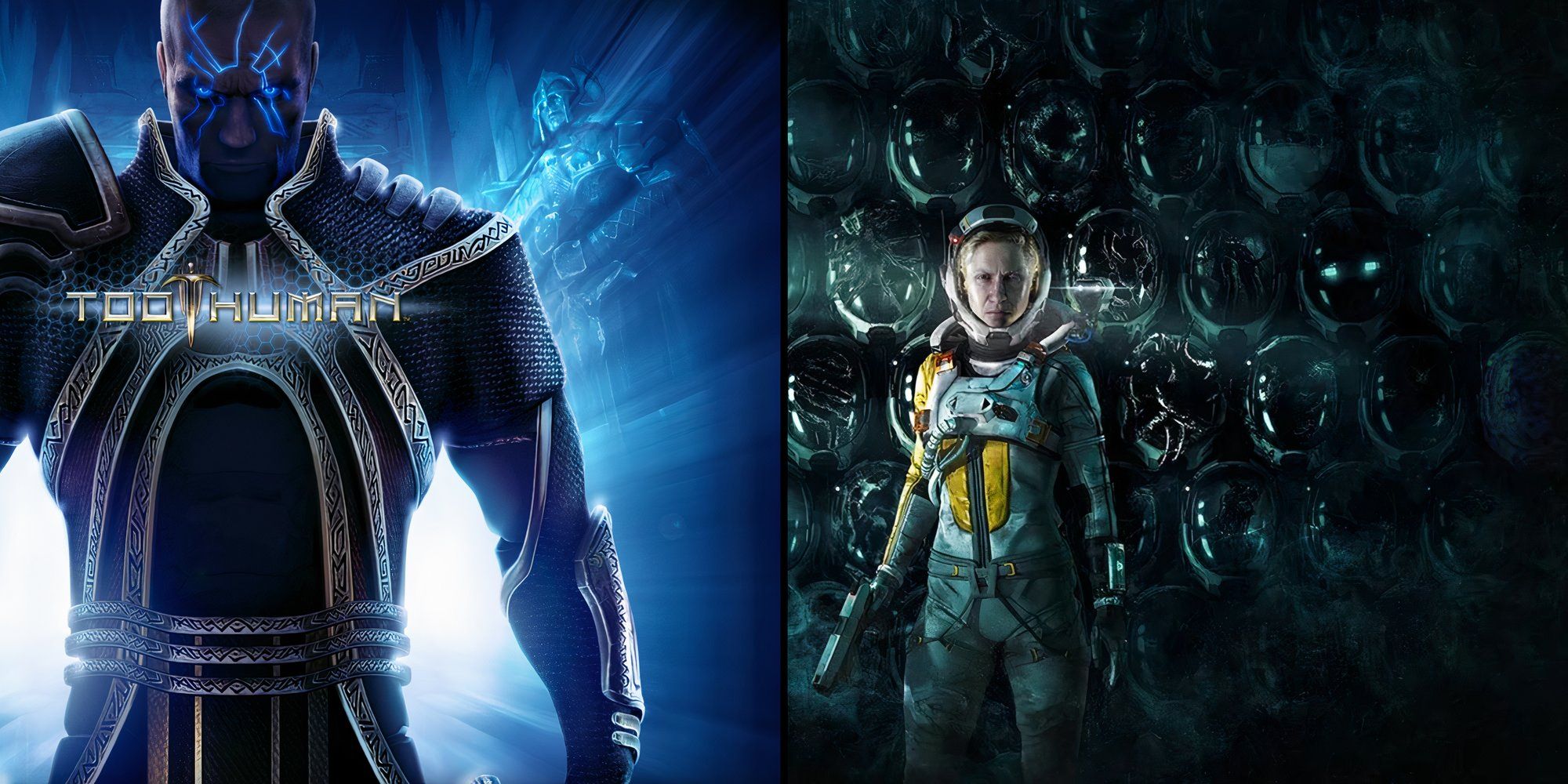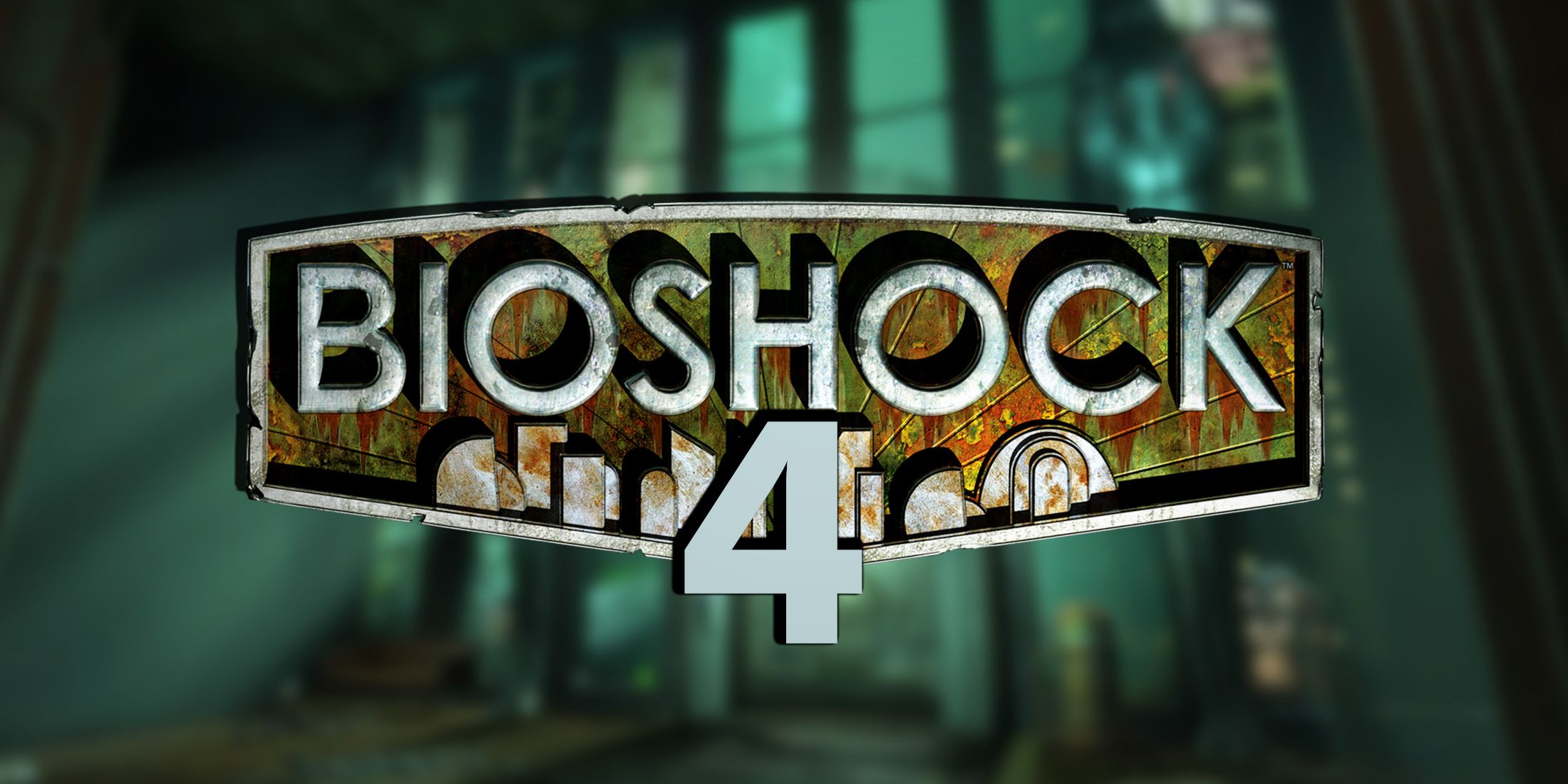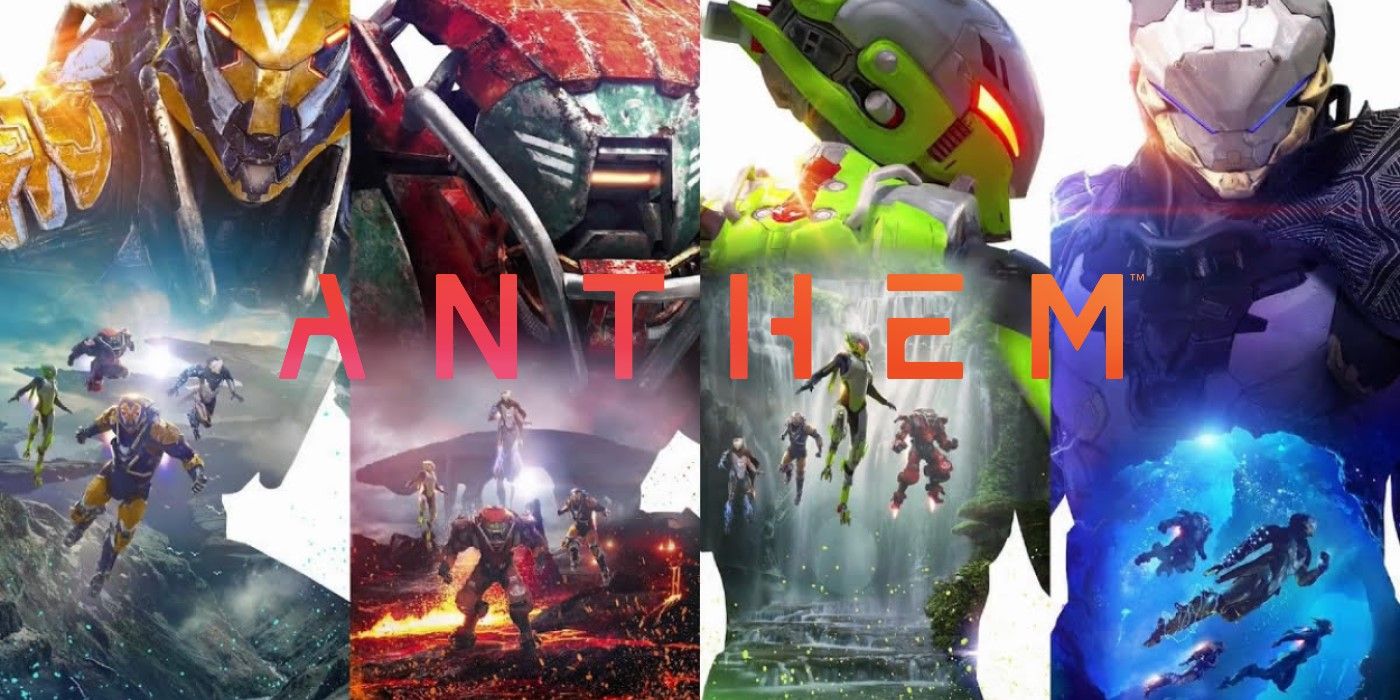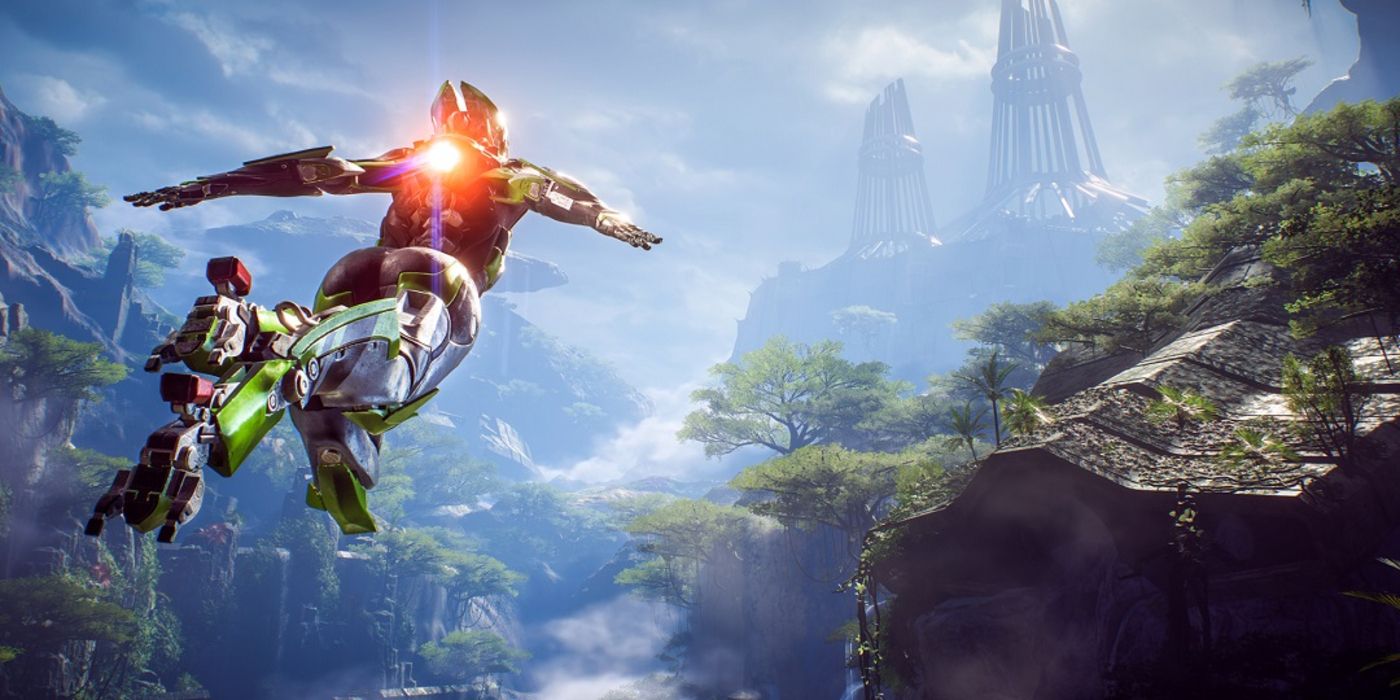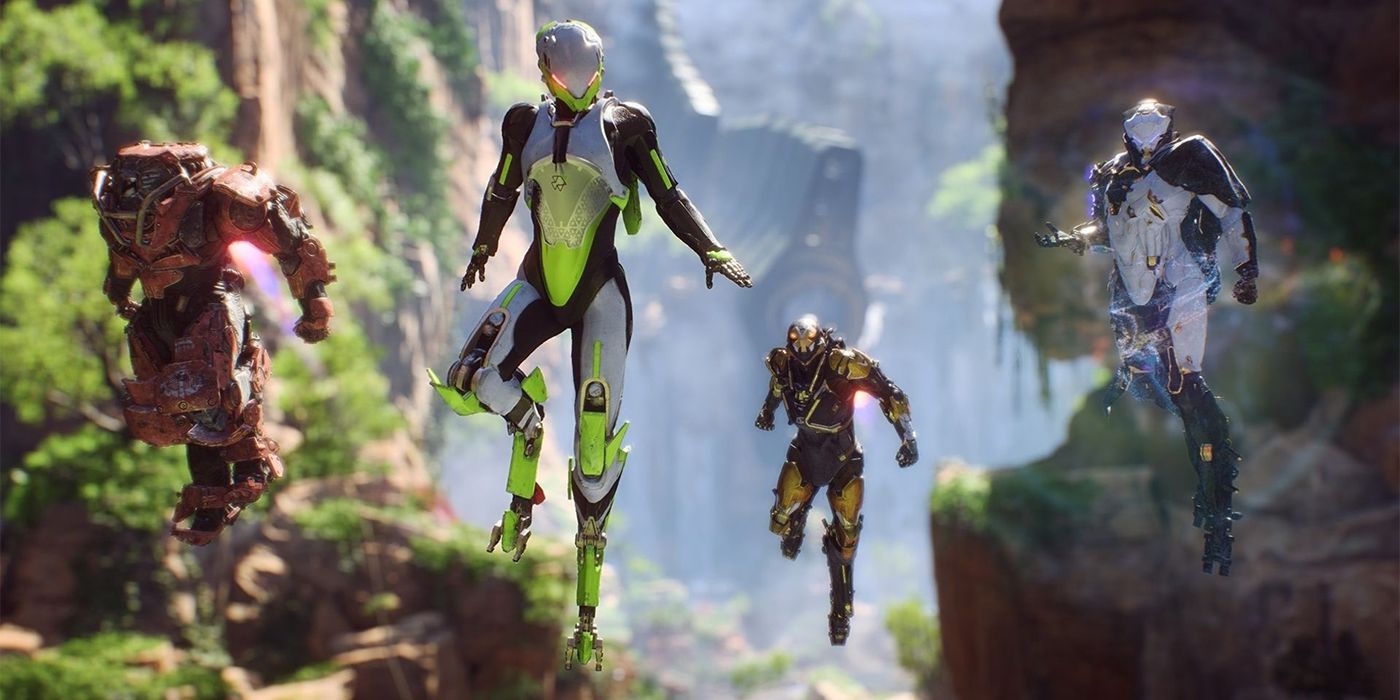Anthem was an ambitious endeavor for BioWare. The looter-shooter approach isn’t what BioWare is known for, but the initial previews of the game had shown a lot of potential before its release. Unfortunately, Anthem’s launch was met with disbelief, shock, and anger. The game players were promised was not delivered when the time came. To make up for the game’s faults and deficits, the developer began to work on Anthem 2.0. The project was meant to fix a lot of issues reported by players, but after over a year of development the project was shut down.
The day Anthem 2.0’s cancellation was announced was sad for players of the game who were looking forward to all the changes. It was also sad for those who followed the progress of Anthem and Anthem 2.0, as some outsiders genuinely wanted to see the game thrive. It’s unfortunate that Anthem 2.0 won’t see the light of day, but its cancellation can serve as a severe eye-opening moment for BioWare and its game development practices. For too long BioWare has relied on “BioWare Magic,” and it seems the luck may have finally run out.
What is ‘BioWare Magic?’
For those unfamiliar with the term, “BioWare Magic” is a term given to the development process that BioWare has typically used for its most recent games. The practice seemed to begin with Dragon Age: Origins and hasn’t stopped since then, though members of the development team have warned against the practice since it first emerged. When a game was crafted with the help of BioWare Magic, it means the brunt of the game’s development happened toward the end of production, mostly during crunch time.
For many development teams, crunch time is when the finishing details are implemented and any other minor problems are ironed out. With BioWare Magic, a game’s development miraculously starts and finishes during crunch time. For the most part, BioWare Magic worked to create incredible games in a short period of time. This work method was never sustainable though, which the developer may have finally realized with the release of Anthem and ultimate cancellation of Anthem 2.0.
Why Anthem Didn’t Work
Anthem’s development was riddled with problems from the start. There were tons of leadership changes which then led to overall game design changes that the developer struggled to implement. Anthem was meant to be a looter-shooter from the start, but the developer wasn’t always following that vision due to one leader changing the overall course of the game. Eventually the developer got back to its looter-shooter goal, but not before losing a lot of development time.
There were other issues that affected Anthem’s development, but what really made players disappointed in Anthem was that the game felt like an unfulfilled promise. The now infamous E3 demo of Anthem promised an open, active, and massive world for players to explore. Players still got a beautiful environment to explore, but it was nothing like what was originally shown. Beyond that, Anthem was also full of technical errors that crashed games and led to bricked consoles. Anthem 2.0 couldn’t fix everything, but it could have atoned for some of the gameplay issues.
BioWare Can’t Rely on ‘BioWare Magic’ Anymore
If the developer had relied on BioWare Magic for only one game, it could have been considered a one time incident. However, the studio has relied on this development method for years now and the cracks started to show with Mass Effect: Andromeda. It seems Anthem was just the straw that broke the camel’s back.
In all fairness, BioWare isn’t the only developer that relies on crunch time to build a game. It is, however, one that has a long-standing reputation for doing so. Things need to change when it comes to BioWare’s game development process, and hopefully Anthem was the wake up call it needed.
Anthem 2.0 was canceled February 24, 2021.

